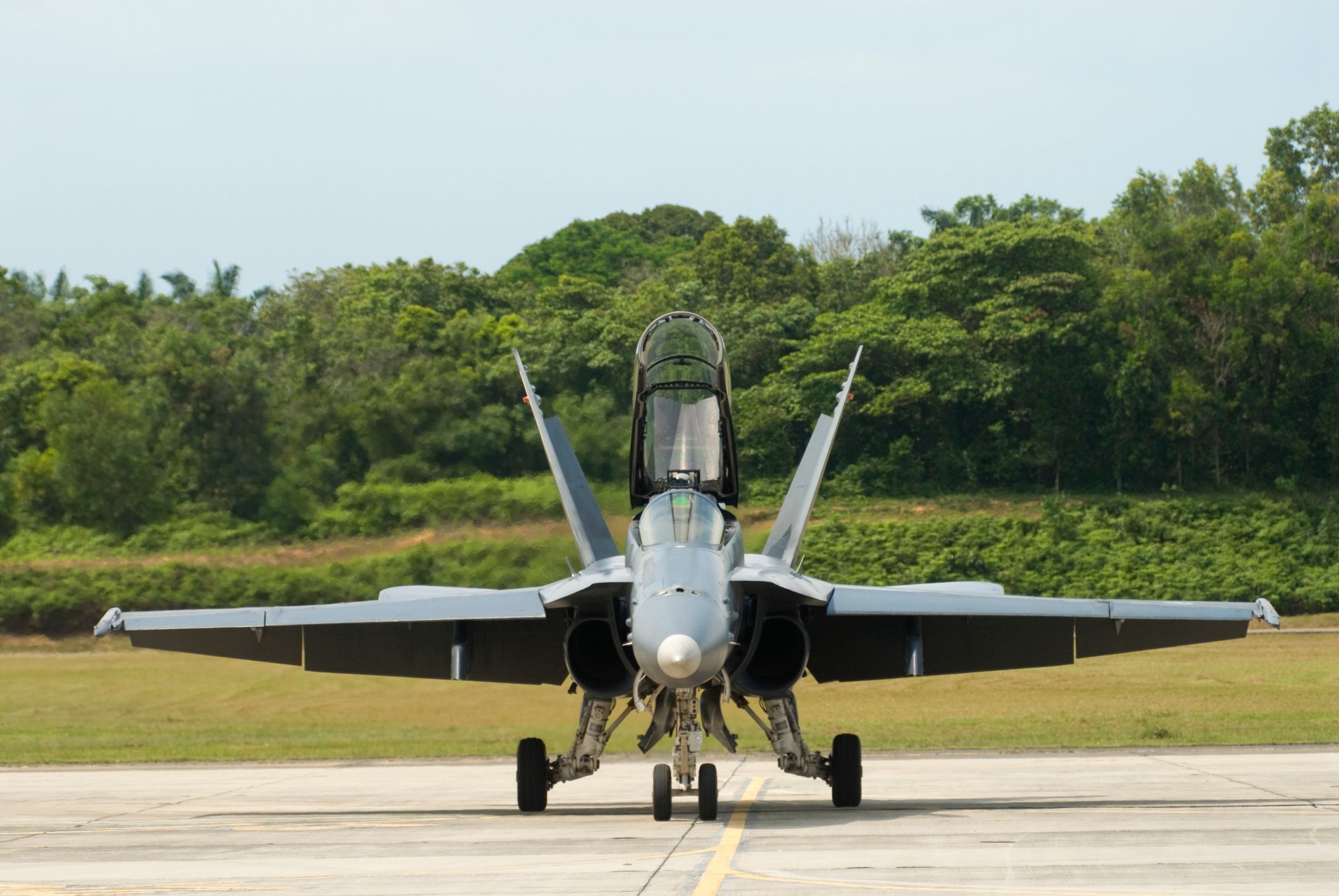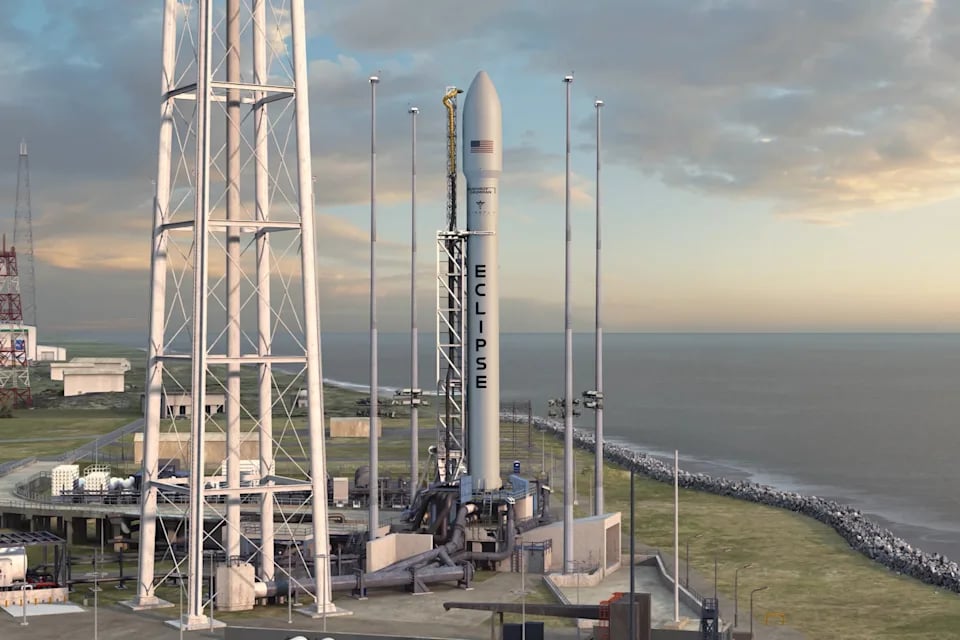Northrop Grumman's (NOC +0.95%) arsenal of space, electronics, and aviation assets has made it one of the highest fliers among defense stocksin recent years, and at first glance the company's latest quarterly results give no reason to believe the momentum is slowing.
But a deep dive into the numbers, coupled with tepid guidance for 2020, tell a different story. Here's why shares of Northrop Grumman, despite the strength of the company's portfolio, seem a poor bet to continue to outperform their peers in the quarters to come.
Earnings helped by nonoperating items
Northrop Grumman on Jan. 30 reported fourth-quarter adjusted earnings of $5.61 per share, easily beating the $4.77 consensus. But revenue came in at $8.7 billion, $250 million shy of analyst expectations, and the earnings beat appears to be driven by corporate items including a favorable resolution of a cost accounting matter. On an operating basis, earnings appear to have missed estimates by at least $0.10 per share on weakness in aerospace systems and technology services.
For the full year, Northrop Grumman generated revenue of $33.8 billion, up 12% year over year but below the $34 billion the company was projecting 12 months ago. Total operating margin for the year came in at 11.7%, down from 12.6% a year prior.

The B21 stealth bomber is the crown jewel of Northrop Grumman's aerospace portfolio. Image source: Northrop Grumman.
Book-to-bill -- a ratio of orders received to amount billed -- was 1.3 times for the year, a solid number though shy of the 1.42 times rival Lockheed Martin posted earlier in the week. But Northrop Grumman was able to grow its backlog by an impressive 21% in 2019, compared to Lockheed Martin's 10% growth, establishing a roadmap for future growth. And Northrop Grumman also seems to be performing well in what are often more lucrative areas like espionage and space: The company won $11 billion worth of restricted, or classified, awards, including about $7 billion from space.
Northrop Grumman is at the heart of the Pentagon's $500 billion push to modernize the nuclear triad, as the lead contractor on the $50 billion B-21 bomber program and the presumptive winner of a $60 billion contract to replace the Air Force's intercontinental ballistic missile.
On a post-earnings call with investors, CEO Kathy Warden said, "We are investing in innovative concepts and technologies that align with the priorities of our customers," including laser weaponry, battle management systems and sensors, and hypersonic missiles.
A 2021 growth story?
But for all of the impressive wins Northrop Grumman has enjoyed, growth has been hard to come by. The company expects sales growth of 4% to 6% in 2020, for total revenue of $35.3 billion to $35.8 billion, which is just shy of analysts' $35.95 billion consensus expectation. Operating margin is expected to come in between 11.3% and 11.5%, little changed compared to 2019.
There is at least a bit of downside risk to that estimate, as Northrop Grumman's guidance assumes the Air Force follows through on its previously announced timeline for the new ballistic missile and makes an award by August. Northrop Grumman is the assumed winner, but grumblings from Boeing about how the bidding process played out could delay or even derail the process.
In 2020, the company also expects about a $300 million hit as it exits the small-caliber ammunition business it acquired as part of its 2018 acquisition of Orbital ATK.
Northrop Grumman, in part, is a victim of the government's long-range procurement strategy; it should see more of the benefits of all of its wins starting in 2021 when B-21 production work begins to ramp and the ballistic missile work, assuming it comes through, shifts into gear.
Great company, expensive stock
Shares of Northrop Grumman have had a great run over the past five years, easily outpacing not just the S&P 500 but an index of defense stocks as well. But given the high valuation and fears that the Pentagon budget has peaked for this cycle, it is time to get choosy about defense stocks.
NOC vs. the indexes data by YCharts
Northrop Grumman currently trades at an enterprise value more than 14.7 to expected EBITDA, the highest ratio among defense primes and well above the 10 times multiples of Raytheon and General Dynamics. That's a rich price to pay to wait for an expected 2021 uptick, especially when there are more attractive defense stocks to buy right now.
There is nothing wrong with Northrop Grumman, and no reason for current holders to sell the stock. But there also seems to be no compelling reason to buy in right now.






